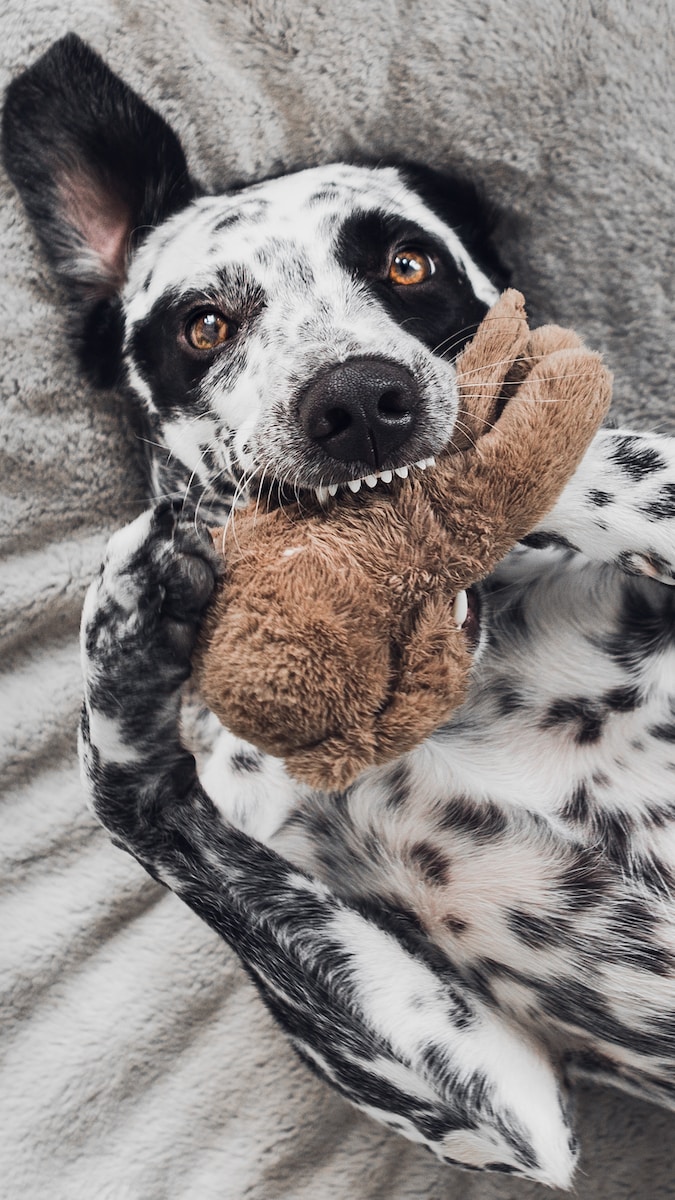Hey there, fellow puppy parents! We’ve all been there – the adorable little fluffball that you welcomed into your home has suddenly turned into a miniature landshark, nipping at everything in sight. But fear not, because in this blog post, we’ll explore some tried-and-true methods to get your puppy to stop biting and start becoming the well-behaved companion you’ve always dreamed of. Let’s dive right in! Here are 7 ways to get a puppy to stop biting. Let’s dive right in!
1. Understanding the ‘Why’
Before we jump into the ‘how,’ it’s important to understand why puppies bite in the first place. It’s a natural part of their development:
- Teething: Just like babies, puppies go through teething. Chewing helps soothe their sore gums.
- Exploration: Puppies learn about the world through their mouths. Biting is their way of interacting with their surroundings.
- Play: Puppies often use their mouths during play, and they may not realize that their sharp baby teeth can hurt.
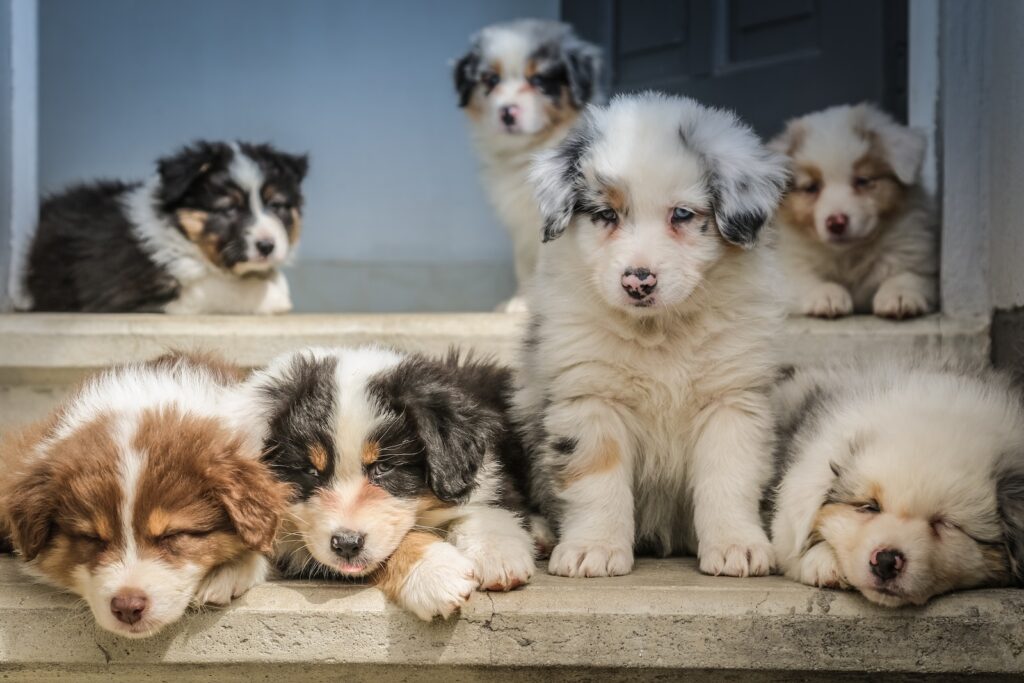
2. Use Toys as a Distraction
There are many ways to get a puppy to stop biting. Puppies bite often because they’re teething or simply full of energy. Provide a variety of chew toys and interactive toys to redirect their biting tendencies. When they sink their teeth into a toy instead of your hand, praise and reward them for making the right choice.
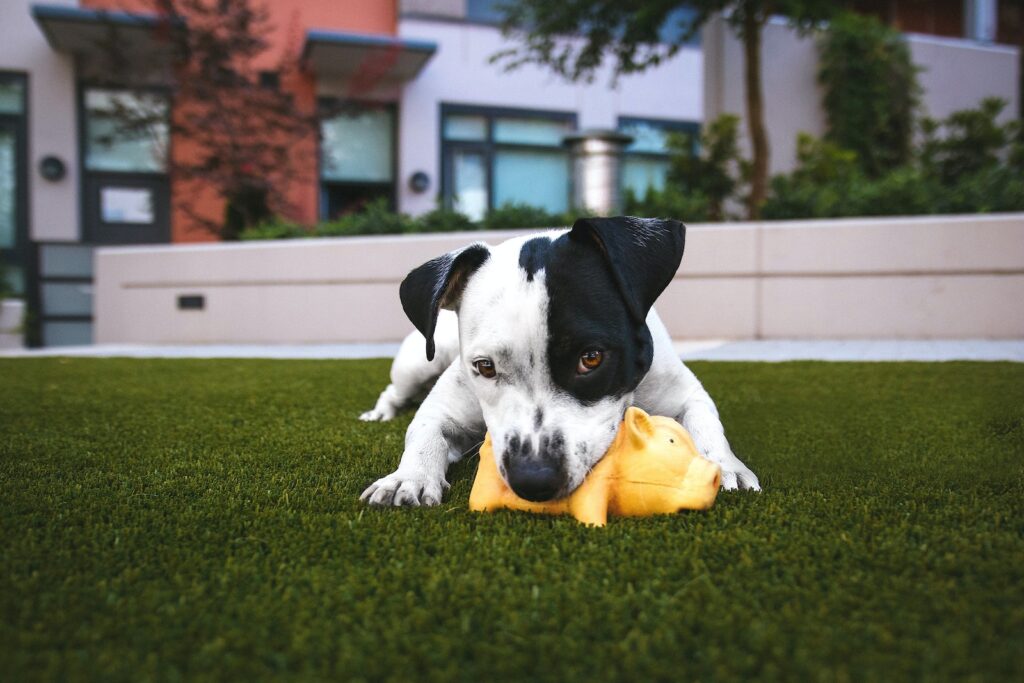
3. Gentle Correction
If your puppy nips during play or training, use a firm but gentle “ouch” or “no” to signal that their bite was too hard. This mimics how puppies communicate with each other. If they don’t respond, a short time-out in a separate area can help them understand that biting leads to a loss of playtime.
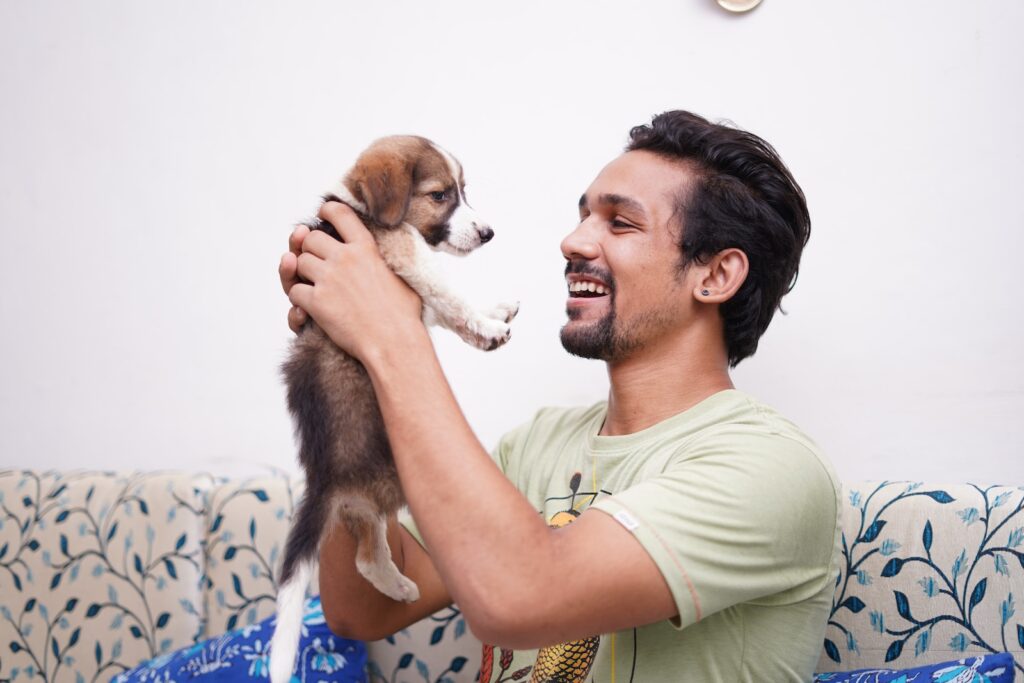
4. Teach Bite Inhibition
Bite inhibition is the ability to control the force of a bite. Encourage this behavior by letting your puppy interact with other dogs, as they will often teach your pup how to use their mouth gently. When your pup bites too hard during play, mimic a yelp like a dog would, and they’ll usually learn to be gentler. Out of all the ways to get a puppy to stop biting, letting them know what they’re doing wrong is sometimes necessary.
5. Reward Calm Behavior
When your puppy is relaxed and not biting, reward and praise them. This encourages them to understand that calm behavior is preferable to biting. Positive reinforcement is your best friend in teaching any new behavior.
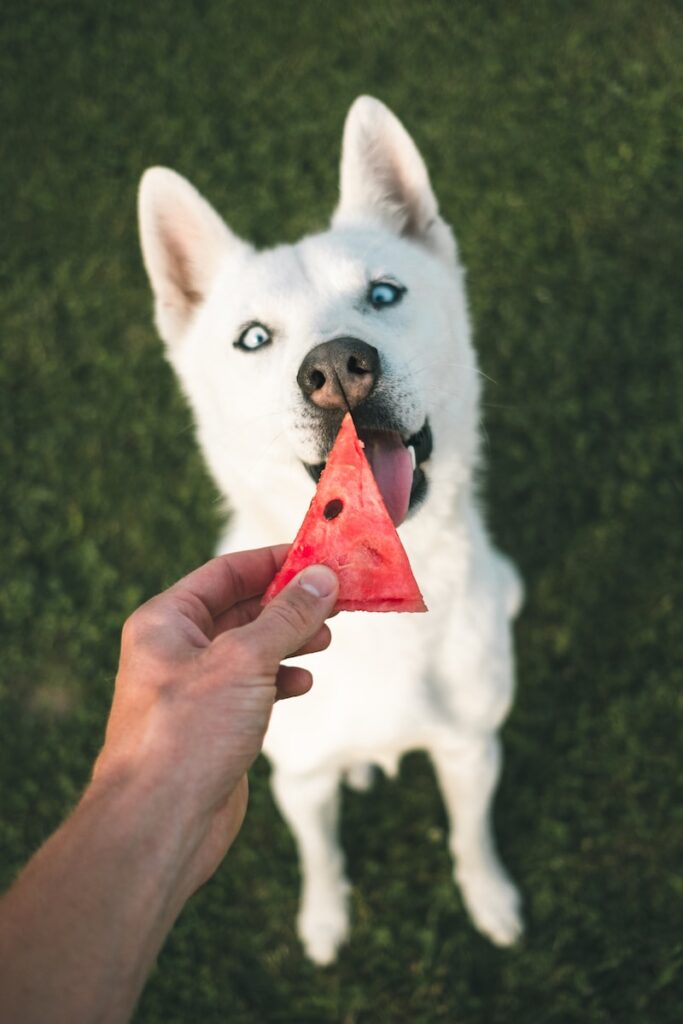
6. Consistent Training
Consistency is vital when teaching your puppy not to bite. Ensure that everyone in your household follows the same rules and enforces the same behavior expectations. Mixed signals can confuse your pup. Consistency is one of the most important ways to get a puppy to stop biting.
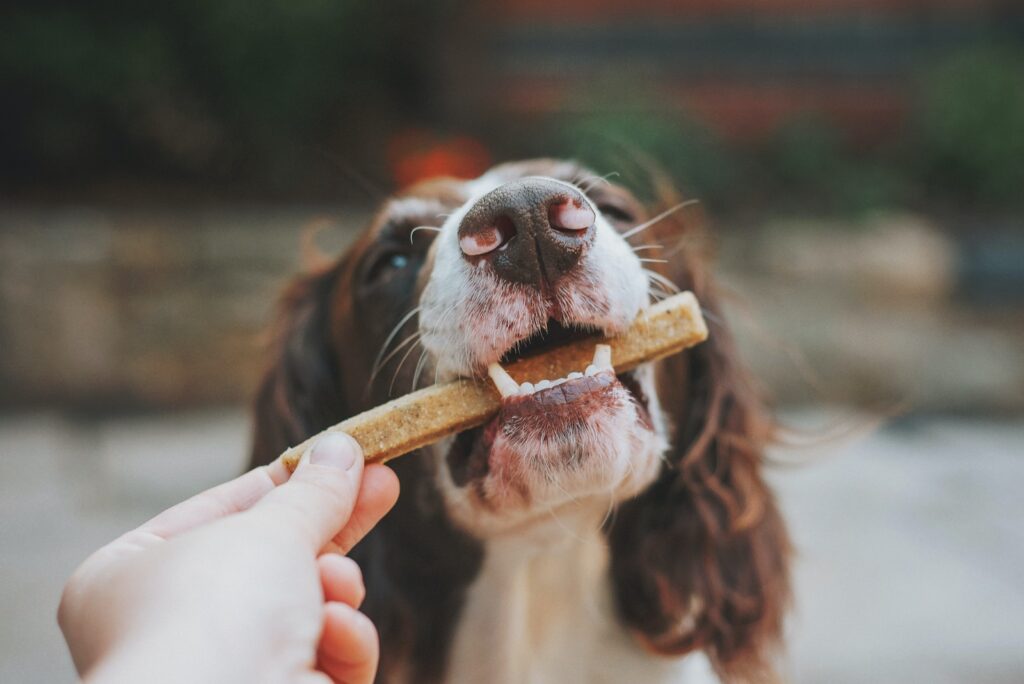
7. Seek Professional Help
If your puppy’s biting behavior is persistent and you’re not making progress, it might be time to consult a professional dog trainer or behaviorist. They can offer specialized guidance tailored to your pup’s needs.
By the way – if you’re determined to transform your pup into a bona fide doggo superstar, you absolutely must delve into Adrienne Farricelli’s dog training program. Seriously, she’s one of the friendliest faces in the world of dog training. And her classes? Oh, they’re akin to having your very own personal dog whisperer right at your fingertips. Adrienne’s approach is wonderfully approachable (pun not intended), and she’ll guide you every step of the way to have your furry companion trained to perfection. So, if you’re on the hunt for a comprehensive, in-depth guide to canine training success, don’t pass up what Adrienne’s serving. Your pup will shower you with a million tail wags! 🐶❤️
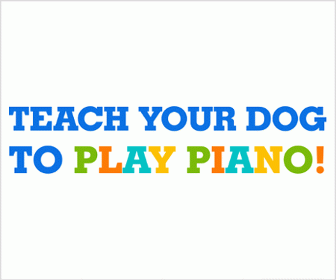
A Puppy’s Perspective
Remember, puppies don’t bite out of malice; they do it to explore their world and communicate. Be patient and understanding during this learning process. With time, consistent training, and plenty of love, you’ll have a well-mannered pup that’s grown out of the biting phase.
